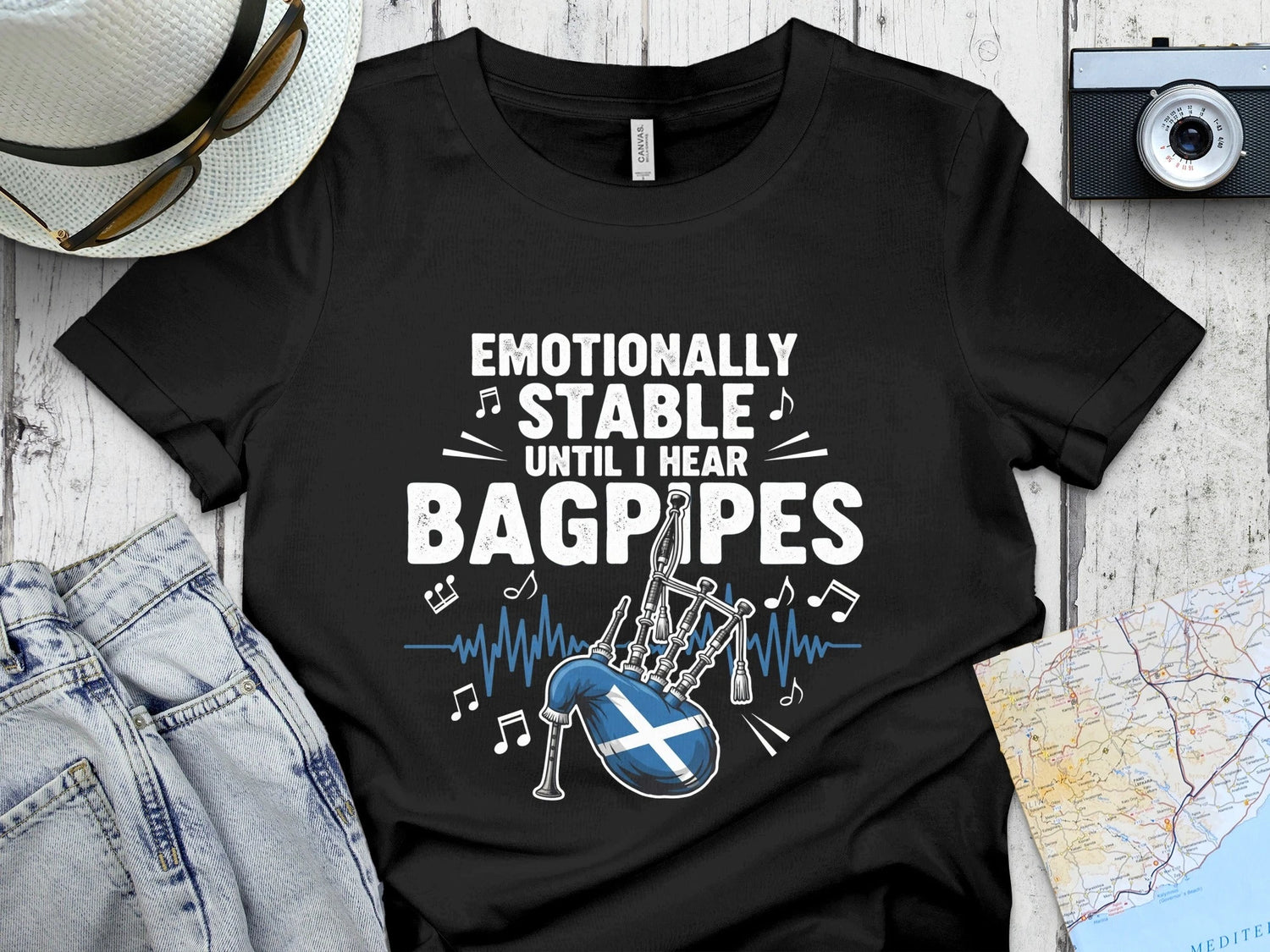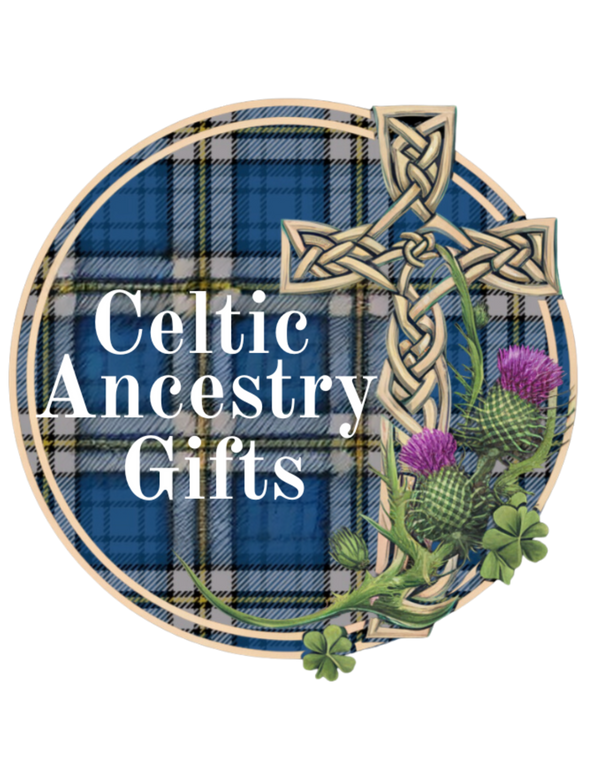
How to Find Out What Scottish Clan You Belong To
Share
Introduction
Scotland’s clans have captured imaginations for centuries, and if you’re in the USA with a Scottish surname or ancestry, you might be asking: “What clan do I belong to?” The good news is, you don’t need to live in Scotland to uncover your roots. From surname databases to US Highland Games, there are plenty of ways for Americans to find their clan and start celebrating their heritage.
Step 1: Start With Your Surname
The easiest starting point is your family name.
-
Clan Names – Names like MacDonald, Campbell, or MacKenzie connect directly to clans.
-
Sept Families – Many surnames are linked to larger clans (e.g., Turner is a sept of Clan Lamont).
-
Spelling Variations – Look for variants such as Mc, Mac, or even dropped prefixes.
📍 Best Places for Americans:
-
ScotClans.com – A global clan and surname database.
-
Electric Scotland – Extensive surname histories.
-
Local libraries with genealogy collections (e.g., New York Public Library, Allen County Public Library in Indiana).
Step 2: Explore Tartans and Crests
Visual identity is a key part of clan membership.
-
Clan Tartans – Every clan has registered tartans.
-
Crests – Worn in badge form to show clan loyalty.
-
District Tartans – If your surname isn’t tied to a clan, you might wear a regional tartan.
📍 Best Places for Americans:
-
Scottish Register of Tartans – Free official database.
-
Scottish Tartans Museum & Heritage Center in Franklin, North Carolina – hands-on tartan exhibits.
-
Highland Games across the US, where clan tents often display tartans and crests.
Step 3: Dive Into Family Records
Tracing records can connect your surname to a region or clan.
-
Vital Records – US census records, immigration logs, and naturalization papers often list “Scotland” as birthplace.
-
Migration Clues – Many Scots settled in Appalachia, the Carolinas, and New England.
-
Scottish Parish Records – Online access means you don’t need to travel to Edinburgh.
📍 Best Places for Americans:
-
ScotlandsPeople – Scottish government’s official genealogy records.
-
Ancestry.com and FamilySearch.org – Widely used in the US.
-
Local Scottish heritage centers, like St. Andrew’s Societies in New York, San Francisco, and Chicago.
Step 4: Use Genealogy and DNA Tools
Science and modern archives can confirm your clan ties.
-
DNA Testing – Companies like FamilyTreeDNA have special Scottish surname projects.
-
Genealogy Platforms – Build a family tree to see if your surname aligns with a known clan.
-
Clan Societies – Many welcome Americans and can verify connections.
📍 Best Places for Americans:
-
FamilyTreeDNA Scottish Projects – Join your surname project.
-
AncestryDNA – Popular in the USA for finding Scottish matches.
-
Local genealogy societies (check your state historical society for Celtic heritage branches).
Step 5: Connect With Clan Communities
Once you’ve identified your clan, celebrate it!
-
Join a Clan Society – Almost every major clan has a US branch.
-
Attend Highland Games – America hosts hundreds each year.
-
Visit Scottish Festivals – Explore clan villages, music, food, and tartans.
📍 Best Places for Americans:
-
Grandfather Mountain Highland Games in North Carolina – largest gathering of clans in the USA.
-
New Hampshire Highland Games – one of the biggest on the East Coast.
-
Scottish American Society of Central Florida, and other local societies across the country.
Fun Fact
There are more people of Scottish descent living outside Scotland than in Scotland itself—over 20 million in the USA alone. That’s why US Highland Games are often larger than the ones held back home!
Conclusion
Discovering your Scottish clan is a journey that connects you to centuries of heritage, pride, and tradition. Whether your search starts with a surname, a tartan, a DNA test, or a local Highland Games, there are countless resources in the USA to help you celebrate your roots.
💚 To explore your clan’s gifts, simply use the Search Clan Here bar on our website and find apparel, blankets, mugs, and more featuring your family’s crest and tartan.

